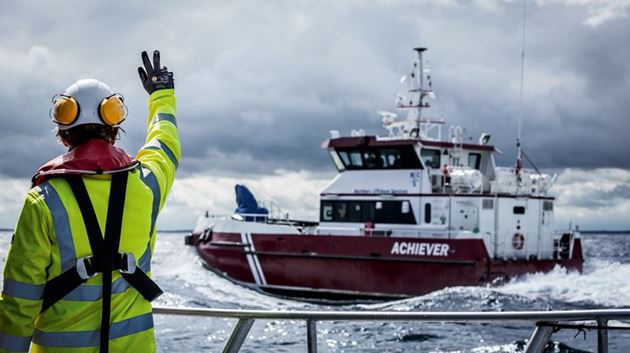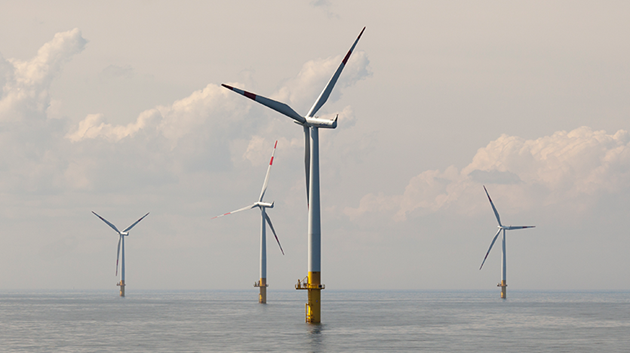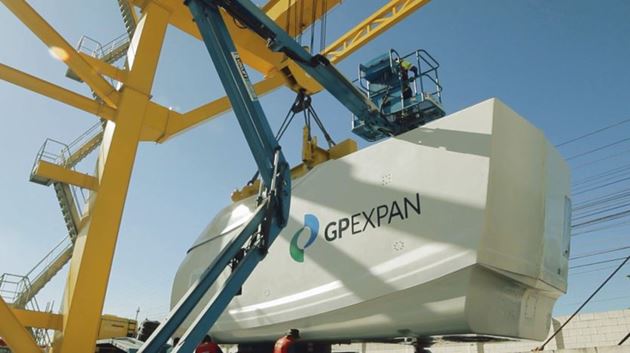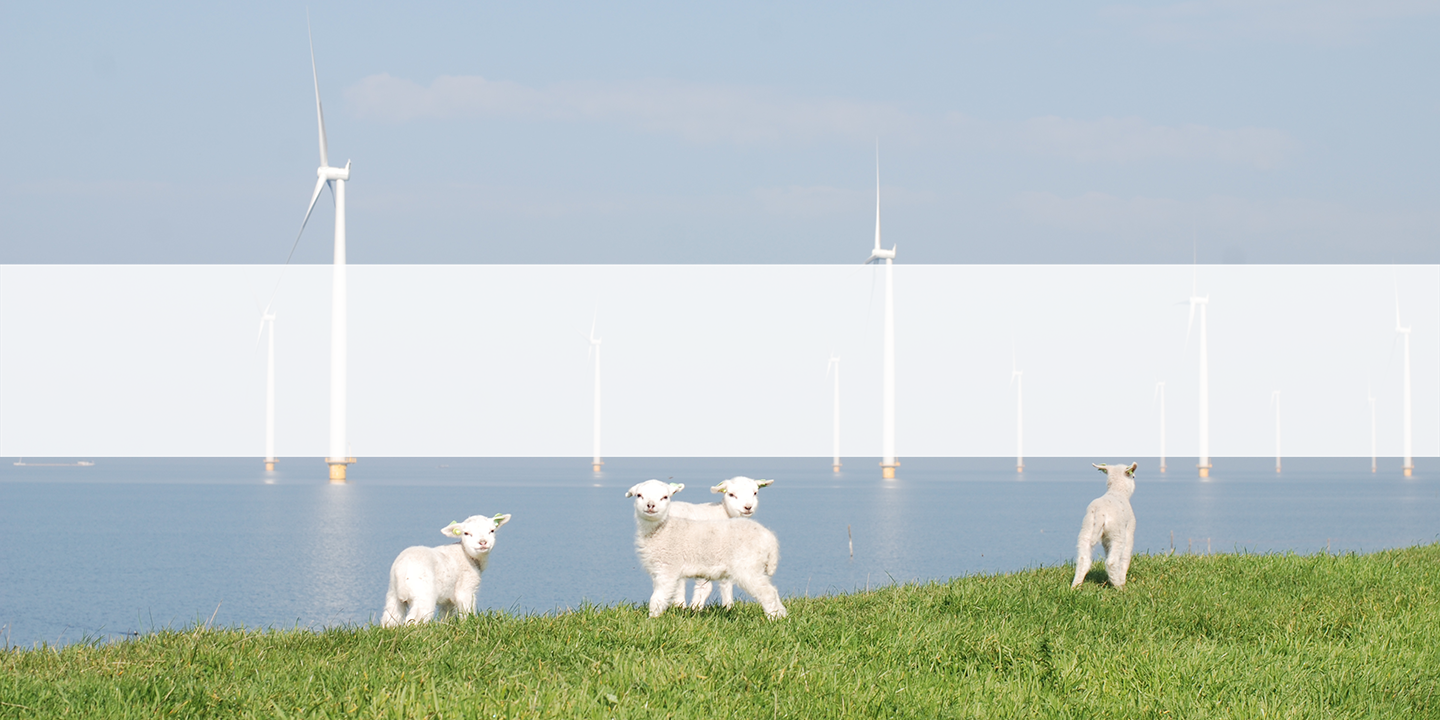
The future is bright and green
Our world has changed so much in the last two years. One thing is clear: there is a growing realization that post-pandemic economic recovery, and the fight to tackle climate change, needn't be mutually exclusive. Three experts from the wind energy sector tell us what they think of the future.
We caught up with Malgosia Bartosik, Katherine Dykes and Shashi Barla to understand what they thought of the future of wind, and its role in a green recovery. The answer is unanimous: renewable energies such as wind will drive the transition to a green economy.
Malgosia Bartosik, Deputy CEO for WindEurope, actively promotes wind energy in Europe and is one of the industry's most prominent influencers in the last two decades.
Katherine Dykes is the Head of Section at the DTU (Technical University of Denmark) Wind Energy Department. She has worked for more than 15 years in wind in roles across industry, academia and research.
Shashi Barla is Principal Analyst - Global Wind Supply Chain and Technology at Wood Mackenzie, a prominent energy research consultancy. Shashi has over 12 years of experience in the global wind industry. He has worked as an external consultant and within the industry.
Katherine: When I think about renewable energy and what it means for the green, climate-neutral economy in the future, I really see it as the backbone. This is what many of us who work together in wind energy see as the full potential of renewables - wind and solar technologies coming together to really make the foundation of our future energy systems.
Shashi: Renewable technologies are likely to play a pivotal role in accelerating the energy transition and pave a path for stronger and greener economic recovery. Today, wind and solar contribute to more than 10% of the total global power generation.
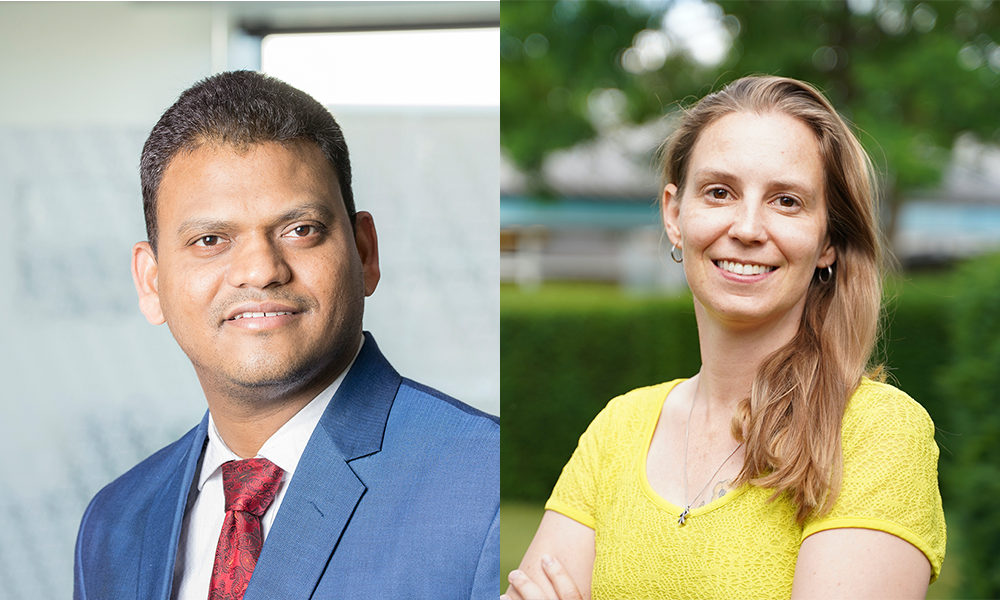
However, I would like to see renewable technologies playing a prominent role in decarbonizing sectors where emissions are hard to abate, like aviation, industry, residential, commercial, and agricultural.
Katherine: Wind accounts for 5% of our global electricity generation today, but we believe we can get to 50%.
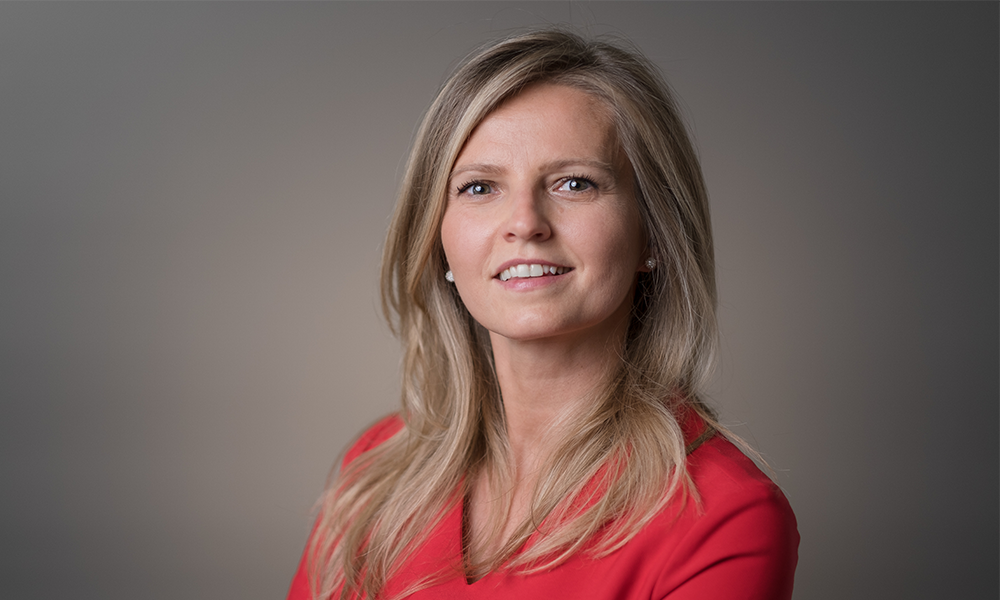
The EU and the national governments are counting on our industry to help deliver Europe's climate and energy targets. Progress requires not just a bold goal but a realistic pathway. We need new technology, new public policies, education and all of us working together towards the same goal - a climate neutral economy.
Malgosia: It's not only about the technology, the fact that we have now more powerful turbines with higher capacity factors. I'm talking about the mindset - the Green Deal, green recovery, and net zero economy – these are not just buzzwords.
There is a strong political ambition and will behind it. It shows societal awareness that change needs to happen and it needs to happen now.
Education is everything. If we had started educating about climate change about 15 years ago, we would be in a completely different place today. But I still strongly believe that we can make a big difference. Acting now we will succeed not only as an industry, but as humankind.
Katherine: While it’s not all about technology, innovation and improvement of the various technologies are a critical part of realizing the green energy future that we envision.

